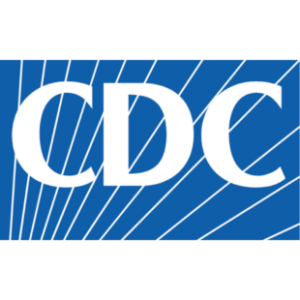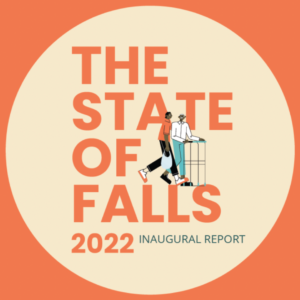Nursing home safety measured in nationwide survey
Nursing homes with 49 or fewer beds, those that are nonprofit or government entities, those located in urban areas, and those in the South or Midwest are deemed to have the best resident safety cultures, according to those responding to a nationwide survey.
The federal Agency for Healthcare Research and Quality’s Nursing Home Survey on Patient Safety Culture includes from January 2009 to May 2014 and responses from 18,968 nursing home staff members—primarily nursing assistants, aides, licensed nurses or support staff—at 263 nursing homes. The survey measured communication openness, compliance with procedures, feedback and communication about incidents, handoffs, management support for resident safety, nonpunitive responses to mistakes, organizational learning, overall perceptions and resident safety, staffing, supervisor expectations and actions promoting resident safety, teamwork and training and skills. It also asked each respondent’s willingness to recommend the nursing home at which he or she works as well as his or her overall rating of the nursing home.
The results reveal that administrators/managers and staff members working the day shift are most likely to regard their nursing homes highly when it comes to safety.
The top two areas of strength of the nursing homes at which respondents work include overall perceptions of resident safety—that is, the extent to which residents are well cared for and safe—and feedback and communication about incidents—that is, the extent to which staff members discuss ways to keep residents safe, tell someone if they see something that might harm a resident and talk about ways to keep incidents from happening again.
The top two areas staff members identified for improvement include nonpunitive responses to errors—that is, the extent to which staff are not blamed when a resident is harmed, are treated fairly when they make mistakes and feel safe in reporting mistakes—and staffing—that is, the extent to which there are enough staff members to handle to workload, meet residents’ needs during shift changes and keep residents safe due to low staff turnover.
For more information on the survey and its results, see the AHRQ website.
I Advance Senior Care is the industry-leading source for practical, in-depth, business-building, and resident care information for owners, executives, administrators, and directors of nursing at assisted living communities, skilled nursing facilities, post-acute facilities, and continuing care retirement communities. The I Advance Senior Care editorial team and industry experts provide market analysis, strategic direction, policy commentary, clinical best-practices, business management, and technology breakthroughs.
I Advance Senior Care is part of the Institute for the Advancement of Senior Care and published by Plain-English Health Care.
Related Articles
Topics: Leadership , Risk Management , Staffing











